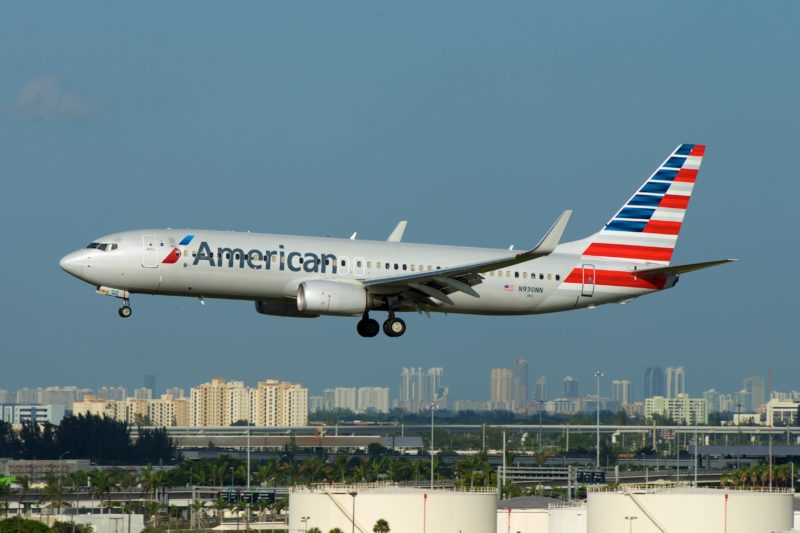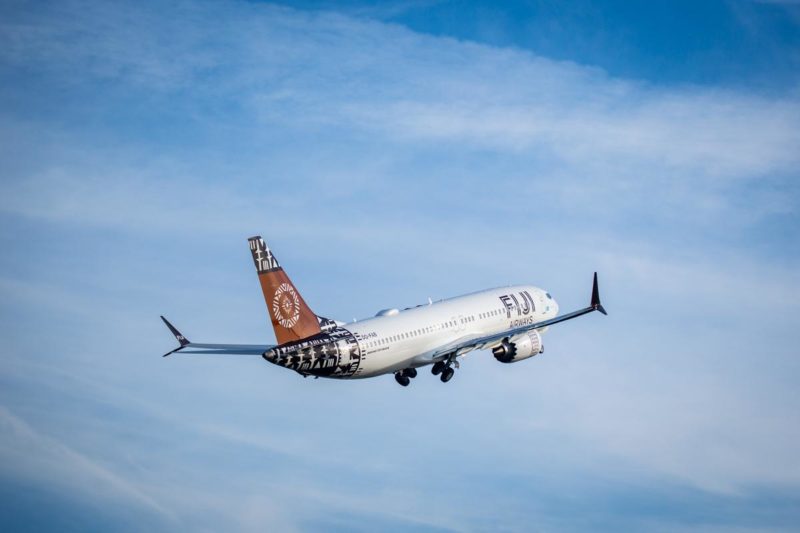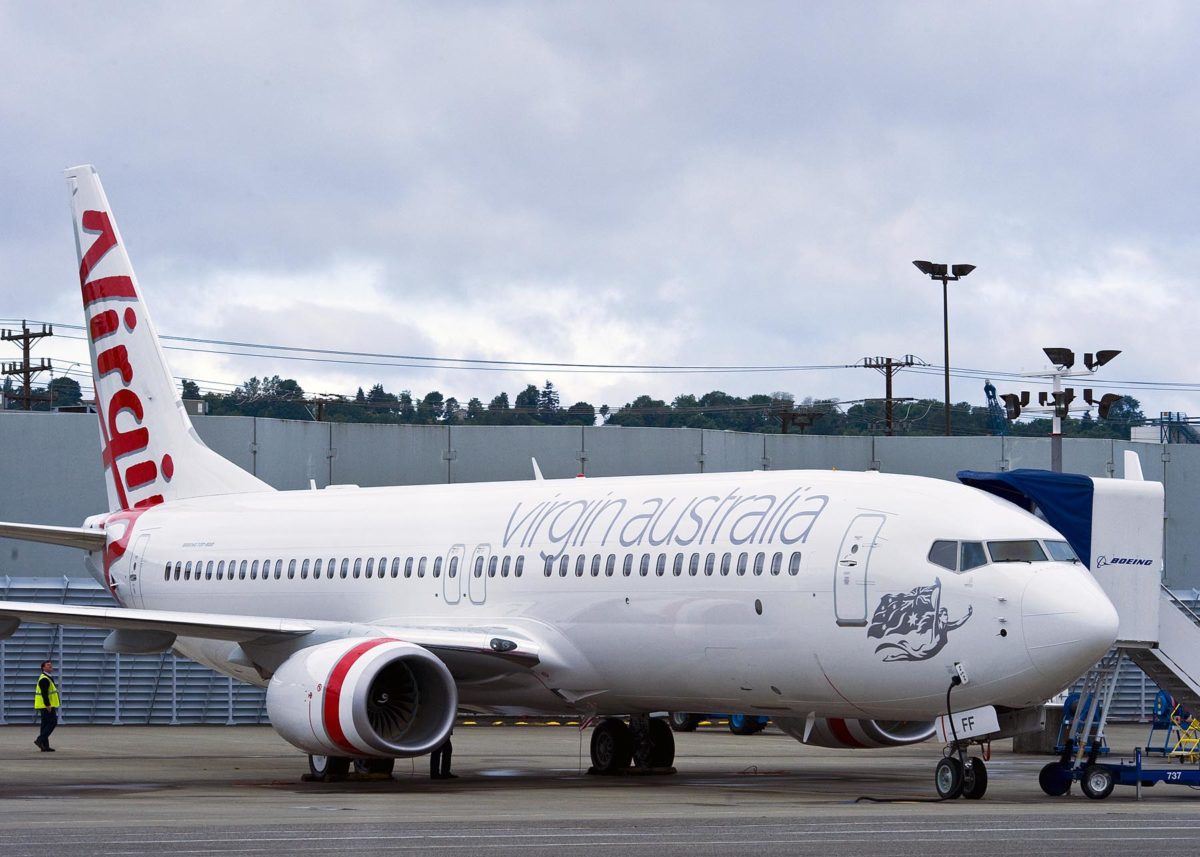The Federal Aviation Administration (FAA) has announced plans to fine Boeing $3.9 million, after it was found that the manufacturer failed to prevent the installation of defective parts on approximately 133 737 NG aircraft.
According to the FAA press release, the regulator alleges that Boeing failed to adequately oversee its suppliers to ensure that they complied with the company’s quality assurance system.
The issue, which came to light in June 2019, involves slat tracks; which are devices located on the leading edge of 737 wings and guide the movements of slats when activated.
Slats increase lift at low speeds during takeoff and landing; the concern is that a faulty part could result in one becoming detached, and striking another part of the aircraft, potentially injuring multiple components and causing significant airframe damage.

Following extensive research into the components, the FAA states that the failed quality control system resulted in the installation of slat tracks that were weakened by a condition known as hydrogen embrittlement; which occurred during the cadmium-titanium plating process.
The FAA suggests that Boeing knowingly submitted 48 aircraft for final airworthiness certification, between August 16th 2018 through to October 9 2018, after determining that the parts were faulty due to a failed strength test. It is then understood that the company certified another 85 potentially affected aircraft, between the 10th of October 2018 and the 2nd of May 2019, after being informed by the FAA and the parts manufacturer of the issue.
Southwest United Industries (SUI), a third-tier supplier to Boeing, were responsible for processing the parts on June 29th 2018; then subsequently shipped them to Spirit AeroSystems before being passed on to Boeing.
The FAA also alleges that SUI notified Kencoa Aerospace, on July 6 2018, that a batch of the slat tracks had failed a quality test, indicating the presence of hydrogen embrittlement. Kencoa relayed the information to Spirit on the 3rd of August 2018.
The issue affects the 737 Next Generation (NG) and the 737 MAX, Boeing says that they have completed the necessary steps to resolve the issue on the 737 NG; however, this fine only relates to the 737 NG and further assessment of 737 MAX components will deal their own results.

Boeing has 30 days to respond to the fine, either by paying in full or by challenging it formally. The exact value of the fine sits at $3,916,871. In a statement to the media, Boeing said that safety and quality is their top priority; also that a number of changes have been made to their organisation and processes in recent months, to enhance and reinforce their views.
The company also noted a new product safety division, also that new lines of reporting for engineers have been including in all stages of manufacturing.


